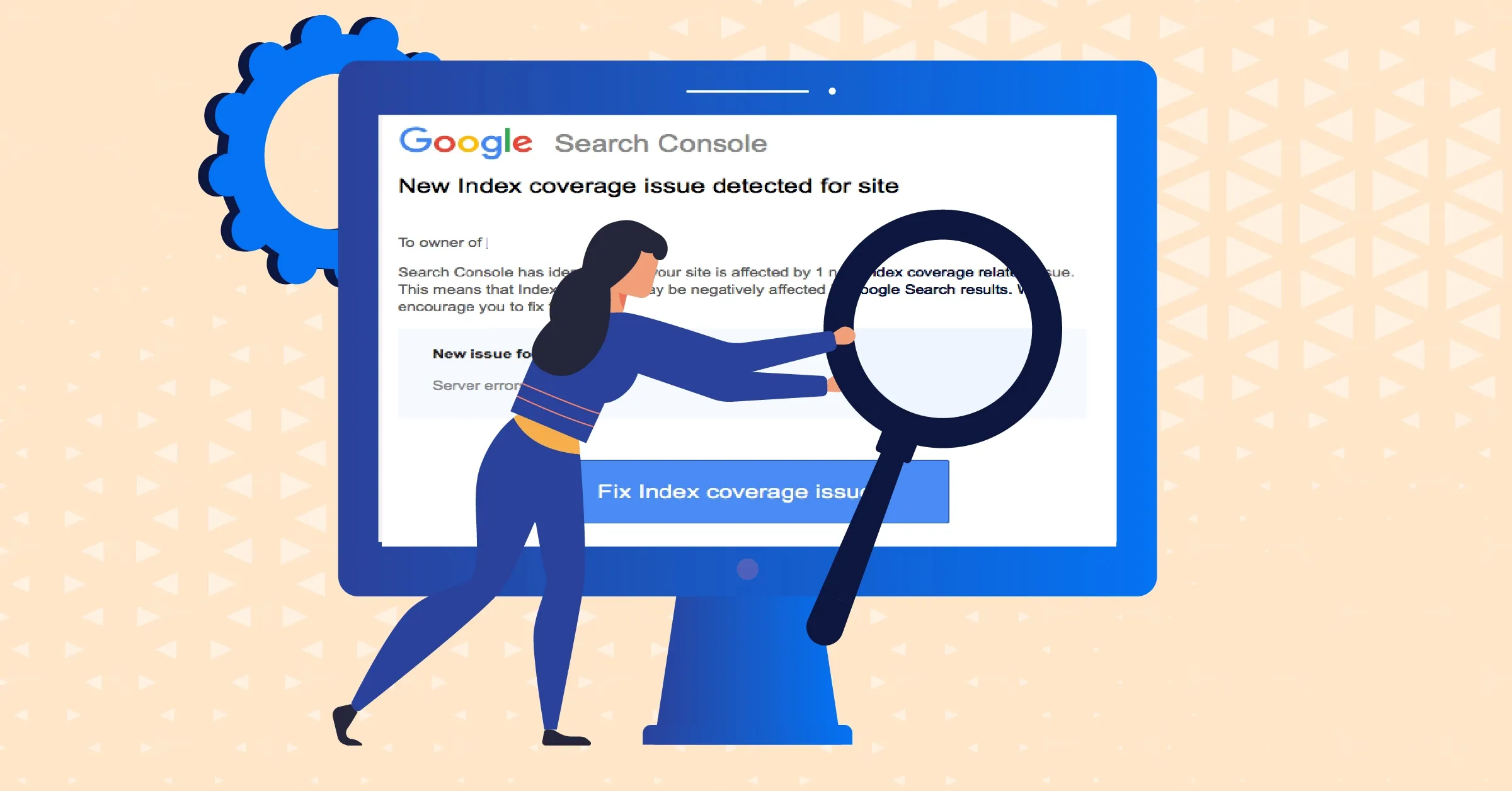Table of Contents
Introduction:
In the digital realm, where visibility is paramount, the absence of your website from Google’s index can be perplexing and concerning. As the gateway to the vast expanse of online information, Google’s index plays a pivotal role in determining your website’s discoverability. However, if your website fails to appear in Google’s search results, it’s essential to delve into the underlying reasons behind this anomaly. In this exploration, we unravel the mysteries surrounding why your website might not be indexed by Google and offer actionable insights to rectify the situation.
Technical Issues:

One of the most common reasons for a website not being indexed by Google is technical issues that hinder search engine crawlers from accessing and indexing your site. These issues could range from misconfigured robots.txt files that block crawler access to critical pages, to server errors that prevent Googlebot from effectively crawling your website. Conducting a thorough technical audit of your website to identify and rectify any such issues is the first step towards resolving indexing woes.
Additionally, issues such as slow page speed, broken links, or excessive use of JavaScript can impede Google’s ability to crawl and index your website efficiently. By optimizing your website’s technical performance and ensuring seamless accessibility for search engine crawlers, you can enhance its chances of being indexed by Google.
New Website or Domain:
If your website is relatively new or has recently undergone a domain change, it may take some time for Google to discover and index your content. Google’s crawling and indexing processes prioritize established websites with a history of regular updates and high-quality content. Therefore, patience is key, as it may take several weeks or even months for your website to be fully indexed, particularly if it’s in a competitive niche.
To expedite the indexing process for a new website or domain, you can take proactive steps such as submitting your website to Google Search Console, creating and submitting a sitemap, and leveraging social media and other online platforms to promote your content. Engaging in content marketing initiatives such as guest blogging, influencer collaborations, and participating in online communities can also help increase your website’s visibility and attract the attention of Google’s crawlers.
Poor Content Quality or Relevance:
Google’s indexing algorithms are designed to prioritize high-quality, relevant content that provides value to users. If your website offers thin, duplicate, or low-quality content, Google may choose not to index it or may index it infrequently. Similarly, if your content lacks relevance to search queries or fails to address the needs of your target audience, it’s unlikely to receive favorable treatment from Google’s indexing algorithms.
Investing in creating compelling, original, and informative content is essential to improve your website’s indexing prospects. Conducting keyword research to identify relevant topics and search queries, optimizing on-page elements such as title tags, meta descriptions, and heading tags, and incorporating multimedia elements such as images, videos, and infographics can enhance the appeal and relevance of your content to both users and search engines.
Manual Actions or Penalties:

In some cases, Google may impose manual actions or penalties on websites that violate its Webmaster Guidelines. These penalties can result in your website being removed from Google’s index or receiving reduced visibility in search results. Common infractions include engaging in spammy link building practices, keyword stuffing, or hosting malicious content.
If you suspect that your website has been penalized, it’s imperative to address the underlying issues and submit a reconsideration request through Google Search Console. This may involve removing or disavowing low-quality or spammy backlinks, rectifying content issues such as keyword stuffing or hidden text, and ensuring compliance with quality guidelines. Additionally, conducting a comprehensive audit of your website’s backlink profile, content, and technical setup can help identify and rectify any potential violations or issues that may be hindering your website’s indexing.
Conclusion:
The absence of your website from Google’s index can be a cause for concern, but it’s not necessarily a permanent predicament. By identifying and addressing the root causes behind your website’s non-indexation, you can take proactive steps to improve its visibility and accessibility to both users and search engines. Whether it’s resolving technical issues, enhancing content quality, or addressing manual actions, a strategic approach focused on compliance with Google’s guidelines and user-centricity is paramount.
With persistence, diligence, and adherence to best practices, you can navigate the complexities of search engine indexing and position your website for success in the digital landscape. By cultivating a user-focused approach to content creation and optimization, fostering a technically sound website infrastructure, and maintaining a commitment to ethical and sustainable SEO practices, you can enhance your website’s indexing prospects and unlock new opportunities for growth and visibility in the competitive online landscape.
For More Information Please Visit These Websites Craiyon And Vecteezy


